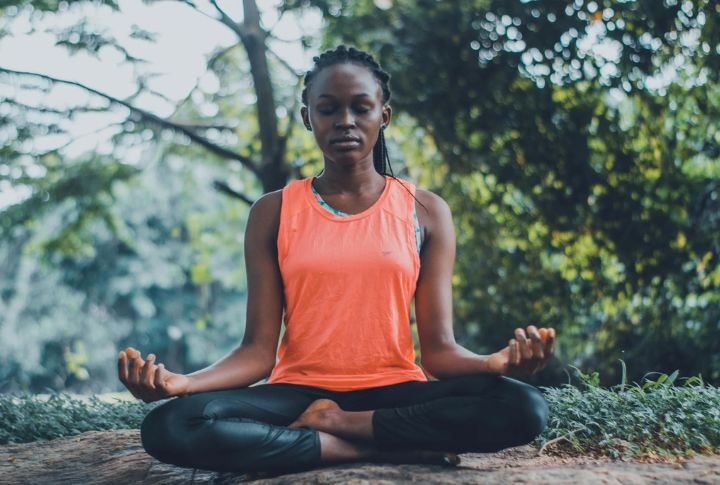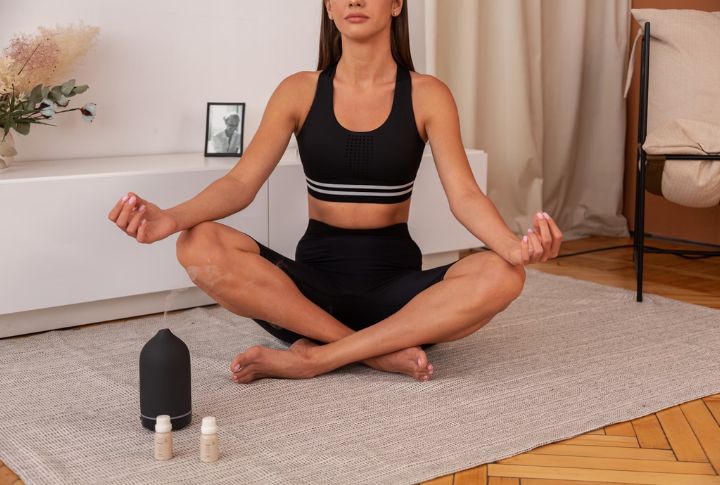
Mindfulness, the practice of maintaining present-moment awareness, has roots in ancient Buddhist traditions dating back over 2,500 years. It became globally recognized in the 20th century through secular applications in psychology and medicine. Neuroscientific studies show that the practice strengthens brain regions linked to self-regulation and emotional processing. Discover 15 science-backed mindfulness strategies that promote a healthier mind.
Mindful Walking

This practice turns a simple activity into a moving meditation. By focusing on each step, the sensation of the ground, and the rhythm of breathing, mindful walking cultivates present-moment awareness. Research from Harvard University suggests that the consistency of this activity can lower stress levels. Just 10 to 20 minutes of mindful walking each day can boost overall well-being.
Gratitude Journaling

Expressing gratitude increases dopamine and serotonin, neurotransmitters associated with happiness. Research from the University of California, Berkeley, suggests that gratitude can improve sleep and lower stress. It can also enhance one’s resilience. Keep a daily or weekly journal to reframe negative thoughts and encourage optimism.
Mindful Breathing

Mindful breathing entails focusing on each inhale and exhale, which helps anchor attention to the present moment. By stimulating the parasympathetic nervous system, this activity helps reduce stress and enhance relaxation. It also lowers cortisol levels. One popular technique is the 4-7-8 method: inhale for four seconds, hold for seven, and exhale for eight.
Mindful Eating

Mindfulness at every meal entails savoring each bite and noticing flavors and textures while avoiding distractions. This intentional act encourages full attention to the experience of food. Plus, it improves digestion by promoting slower, more deliberate consumption. Furthermore, mindful eating can aid weight management and help individuals recognize emotional eating patterns.
Single-Tasking

Practicing single-tasking involves eliminating distractions, setting time blocks for tasks, and being fully present in each activity. This approach enhances memory retention and problem-solving skills by allowing the brain to process information more effectively. It also promotes deeper engagement and leads to greater productivity and mental clarity. Multitasking, on the other hand, decreases efficiency and increases stress.
Digital Detox

A digital detox involves taking intentional breaks from screens, which helps reduce stress and improve focus. A study from the University of Pennsylvania found that limiting social media use to 30 minutes per day significantly decreases feelings of loneliness and depression. Disconnecting from digital distractions also allows for more meaningful real-world interactions.
Mindful Listening

Mindful listening is the act of giving full attention to a speaker without interrupting or mentally formulating responses. Active listening minimizes misunderstanding and fosters empathy. It requires maintaining eye contact and reflecting on what is said before responding. The advantages of this practice include improved workplace collaboration and emotional intelligence.
Visualization Meditation

Mentally picturing calming scenes can promote relaxation and focus. Neuroscientific studies show that guided imagery activates brain regions similar to real-life experiences. Common visualizations include imagining a peaceful beach or a protective light surrounding the body. This mental technique relieves anxiety and lowers blood pressure. You may also observe improved performance in various fields.
Progressive Muscle Relaxation (PMR)

Progressive muscle relaxation (PMR) involves systematically tensing and relaxing different muscle groups to relieve stress. It lowers heart rate, decreases muscle tension, improves sleep quality, and is particularly effective for managing anxiety and chronic pain. Practicing 10 to 20 minutes before bed can also enhance relaxation and combat insomnia. It also reduces PTSD symptoms.
Aromatherapy And Mindfulness

These are complementary practices that enhance mental well-being through sensory engagement. Aromatherapy involves using oils, like lavender, to stimulate the olfactory system, which directly influences brain regions associated with mood and stress regulation. When combined with mindfulness exercises, like meditation, the calming scents can deepen relaxation and reduce anxiety more effectively.

